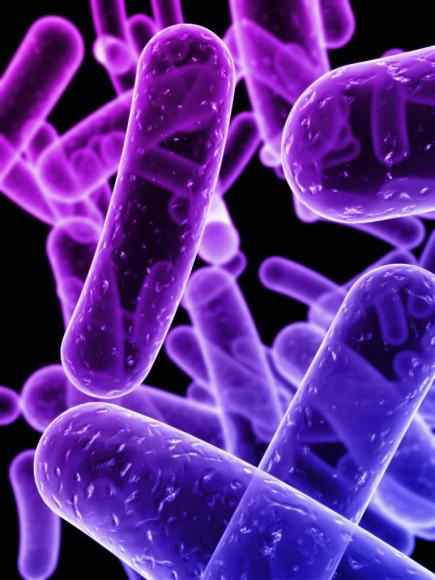 Characterization of transcriptomic, metabolomic and lipidomic profiles of the oral and gut microbiome of healthy individuals as compared to those of individuals with high cardiometabolic risk.
Characterization of transcriptomic, metabolomic and lipidomic profiles of the oral and gut microbiome of healthy individuals as compared to those of individuals with high cardiometabolic risk.
Identification and chemical characterization of abundant microbiome-derived bioactive metabolites that, by virtue of their chemical structures and biological activity, may be used to reduce cardiometabolic risk through nutritional approaches.
Medium scale culturing (bioreactors) of bacterial species found to be differently associated with healthy individuals vs. those with high cardiometabolic risk in order to produce high amounts of the aforementioned bioactive metabolites
Incorporation of prebiotics/nutrients into bacterial culture systems in order to assess changes on, and maximize the production of the above mentioned bioactive metabolites.
Medium scale chemical synthesis of the aforementioned bioactive metabolites to ensure sufficient quantities for their biological testing in vitro and in vivo.
In silico analyses of the aforementioned bioactive metabolites that, by virtue of their chemical structures, suggest potential interactions with metabolically relevant targets.
In vitro screening of the aforementioned bioactive metabolites in metabolically relevant assays to assess activity on processes such as hepatosteatosis, insulin secretion and action, mitochondrial activity, and brown and white adipose tissue functions.
Establishment of zebrafish models for the study of cardio-metabolic risk and screening therein of the aforementioned bioactive metabolites for risk improvement through nutritional approaches.
Formulation of the aforementioned bioactive metabolites by using nanotechnologies suitable for nutritional approaches, in order to increase their stability and bioavailability, and ensure their delivery to target, in animal models and in human subjects.
Additionally, the UMI has funded the following bilateral projects between Université Laval and CNR for the years 2018-2020:
1) Arctic Biofilms: Sentinels of Environmental Change and Microbial Reservoirs of Novel Biomolecules;
2) A platform for understanding and exploiting polyphenols microbial metabolites based on a combined experimental-chemoinformatic approach;
3) Targeting the gut microbiota with new extracts enriched with omega-3 PUFAs and polyphenols from nordic biosources to alleviate cardiometabolic diseases;
4) Defining the endocannabinoidome and the microbiota in asthma and its severity;
5) Nordic berries as sources of polyphenols and indigenous lactic acid bacteria for the development of unique synbiotic and postbiotic products;
6) Investigation into the effects of vitamin D on antipsychotic drug metabolic side effects: focus on the gut microbiome;
7) Novel biomarkers for early diagnosis of Parkinson Diseases;
8) Pinealocyte-derived melatonin modulates metabolic health through photoperiod-mediated effects on the gut microbiome and endocannabinoidome.
